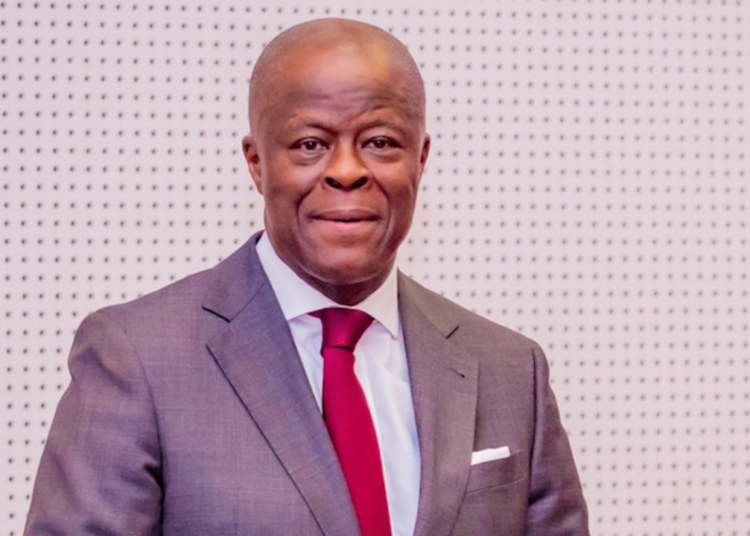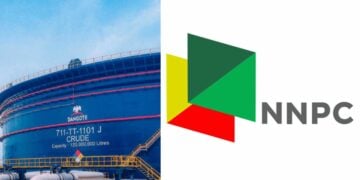The federal government has disclosed that it spent approximately ₦330 billion on social safety net programmes between January and September 2025, targeting the poorest and most vulnerable households across the country.
The minister of finance and coordinating minister of the economy, Mr Wale Edun, and the national coordinator of the National Social Safety Net Coordinating Office (NASSCO), Ms Funmi Olotu, announced the figures on Wednesday during a joint press briefing at the ministry’s headquarters in Abuja.
The renewed effort under President Bola Tinubu’s administration followed the February 2024 establishment of the Special Presidential Panel on Social Investment Programmes. The panel was tasked with strengthening social protection measures to cushion the impact of economic reforms, particularly rising prices.
According to Mr Edun, the programme is “now firmly back on track” after undergoing reforms to ensure transparency, accountability, and sustainability.
“What has been put in place is a very robust system. People are identified biometrically through their National Identity Number (NIN) and are paid digitally into their bank accounts or mobile wallets,” the minister stated.
Edun explained that the current system guarantees a modern, long-term structure for social protection in Nigeria.
“In any modern economy, a social safety net is an important aspect. Nigeria now has the basis for a modern social protection system. That was the promise of Mr President, and that is what he is now putting in place,” he said.
The administration had set a target of reaching 15 million households nationwide, with the expectation that a further seven million would receive payments before the end of the year.
“We expect that there will be the ability to budget each year for assistance to people to be paid directly at any given point in time,” he added.
The programme initially aimed to provide ₦5,000 monthly payments to households for six months under the previous administration, funded by an $800 million World Bank loan facility. However, President Tinubu’s government increased the benefit to ₦25,000 per household, citing the need to offer greater relief in the face of challenging reforms such as fuel subsidy removal and exchange rate unification.
“The increase created a funding gap, which the Federal Government is covering to ensure the programme remains on course,” Edun explained.
Providing further details, NASSCO’s national coordinator, Ms Olotu, revealed that at least 8.1 million households had so far benefited from the initiative, with some receiving one, two, or three tranches of the ₦25,000 payment.
She attributed the staggered disbursements to the integration of the National Identification Number into the National Social Register.
“We have visited about 7.9 million households and obtained approximately 10.2 million NINs, of which the National Identity Management Commission (NIMC) has validated 9.6 million. Payments are made directly into beneficiaries’ accounts once their NINs are validated,” she explained.
Ms Olotu stressed that the register was built on globally recognised standards and is devoid of political influence.
“The National Social Register was built in collaboration between the Government of Nigeria and the World Bank. It uses about 40 variables to identify households. It is not a political register,” she said.
She disclosed that the register currently contains data on over 70 million individuals, representing approximately 19.7 million households nationwide. According to her, expansion is ongoing with support from development partners, but the ultimate goal is for all individuals in the register to benefit.
“By the end of this exercise, everybody on the register – over 70 million individuals – should have their money,” Olotu said.
Both officials emphasised that the digitised, NIN-linked framework would strengthen transparency, prevent leakages, and ensure that government interventions reach only the intended beneficiaries.
They maintained that the reforms not only provide immediate relief but also lay the foundation for a modern, sustainable social safety net system capable of responding to future shocks.





